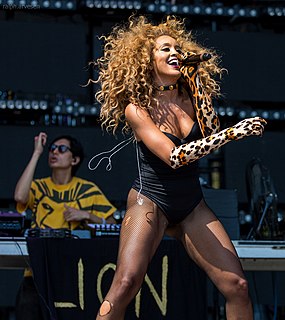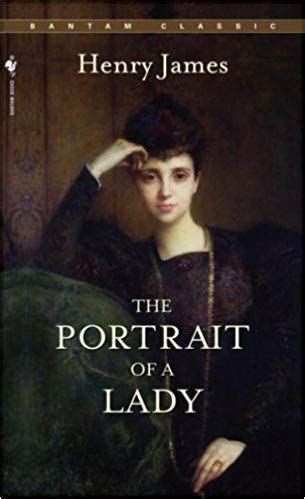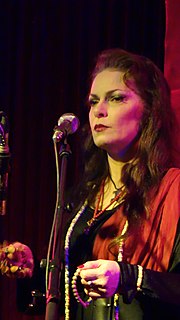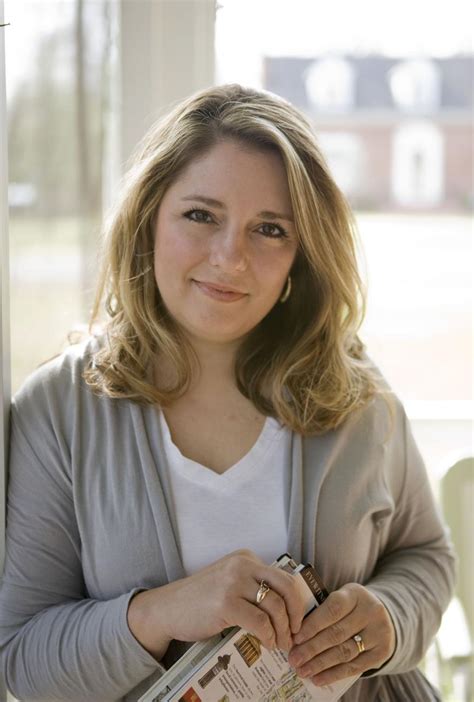A Quote by Natalie Dormer
It's fascinating how much of our sense of attractiveness and feminine identity is bound up in our hair.
Related Quotes
I think for women, especially women of colour, hair has so much to do with our identity and our confidence levels. I've made a conscious choice after growing up and feeling insecure and trying to achieve this look that actually wasn't me, where I've finally stopped relaxing my hair and went back to my natural texture.
Being part of The L Word made me realize how much more television can be that what I had experienced in my lifetime in terms of being able to be of service to people. I had so many fans come up to me who were really deeply appreciative of the show and what it had meant for them and their own sense of identity and their own sense of inclusion in our society and in our culture.
I fear that our loss of a sense of connection with, and duties to, each other leaves us unable to effectively address growing inequality and the bitter antagonism between different communities in American society. We've been at our best when we've felt in significant degree that our fates bound up with each other, where we've had a very inclusive sense of the other, and that's now very much not the case.
It's like we're suffering from an identity crisis, and that identity is in our arts and the fact that we don't find it chief amongst our agendas to teach our kids who we are as a nation and the battles we've had on this ground and how they've been successfully resolved. We can't enjoy the fruits of the labor of our ancestors.
The material world is all feminine. The feminine engergy makes the non-manifest, manifest. So even men (are of the feminine energy). We have to relinquish our ideas of gender in the conventional sense. This has nothing to do with gender, it has to do with energy. So feminine energy is what creates and allows anything which is non-manifest, like an idea, to come into form, into being, to be born. All that we experience in the world around us, absolutely everything (is feminine energy). The only way that anything exists is through the feminine force.
The identity of just one thing, the "clash of civilization" view that you're a Muslim or a Hindu or a Buddhist or a Christian, I think that's such a limited way of seeing humanity, and schools have the opportunity to bring out the fact that we have hundreds of identities. We have our national identity. We have our cultural identity, linguistic identity, religious identity. Yes, cultural identity, professional identity, all kinds of ways.
Heroes are necessary in order to enable the citizens to find their own ideals, courage and wisdom in the society. The hero carries our hopes, our aspirations, our ideals, our beliefs. In the deepest sense the hero is created by us; he or she is born collectively as our own myth. This is what makes heroism so important: it reflects our own sense of identity and from this our own heroism is molded.
When I was thinking about all the things that the world had forgotten, it made me think about people who have actually really forgotten everything, and how much of our identity is wrapped up in those memories, and how much of our experience makes us who we are, and remembering those experiences makes us who we are.



































